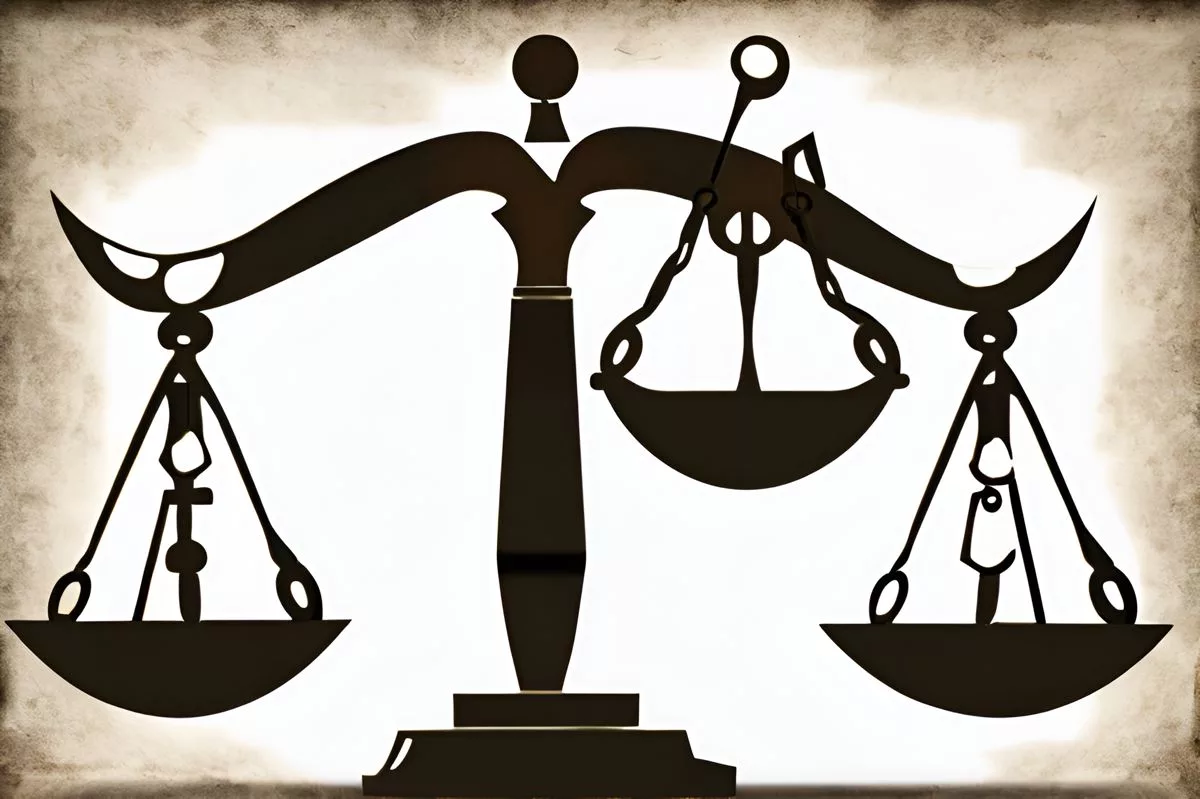South Africa is facing an alarming increase in extortion incidents, affecting not only business owners but also retirees. The crisis is spreading throughout the country, causing daily fear and anxiety. In Mthatha, Eastern Cape, the situation has reached emergency levels, with schools and businesses shutting down due to extortion threats. The Eastern Cape Chamber of Business has demanded new police deployments, and plans to launch a toll-free line for reporting incidents are underway. The situation highlights the urgent need for collective action to restore peace and security and safeguard the human spirit.
What is the Extortion Crisis in South Africa?
South Africa is currently facing an alarming surge in extortion incidents, victimizing not only business proprietors but also retirees. This sinister criminal undercurrent permeates the daily lives of individuals, casting an ominous shadow over their existence. The Eastern Cape Chamber of Business has demanded new police deployments in Mthatha, where the crisis has reached emergency levels. Plans to launch a toll-free line for reporting extortion incidents are currently underway.
Section 1: The Extortion Epidemic
South Africa, a nation celebrated for its stunning landscapes and rich cultural legacy, is currently wrestling with an alarming surge in extortion incidents. This problem, once perceived as only a sporadic occurrence, has evolved into a pervasive societal illness, victimizing not only business proprietors but also retirees. Nowadays, this sinister criminal undercurrent permeates the daily lives of individuals, casting an ominous shadow over their existence.
Only a few months prior, a school headmistress from Mpumalanga, who had dedicated over two decades of her life to service, chose to retire. Unbeknownst to her, this happy transition into retirement would soon be tarnished by a menacing phone call. A hostile man on the other end of the line threatened to seize 30% of her pension fund, with the dire warning of death if she resisted. Despite her rational discourse, the man remained unswayed. The subsequent day, she found her dogs killed—poisoned, and her car immobilized with damaged tires. It was a disturbing display of the man’s dominance and control.
In Kwaggafontein, Mpumalanga, an eerily similar narrative unravels. An unassuming car wash operator, barely scraping by, was threatened with the prospect of arson unless he agreed to pay a monthly extortion fee of R200. Trapped by the invisible barriers of fear and despair, he expressed, “We cannot secure employment anywhere, and when we strive to earn our keep, we are plagued by self-declared landlords of this area.”
Section 2: The Crisis Peaks in Mthatha
The extortion outbreak has spiraled out of control in Mthatha, Eastern Cape, reaching emergency levels. A climate of dread permeates as establishments and educational institutions abruptly shut down under the unremitting pressure of extortion threats. One such casualty was the Laphumikwezi Primary School in Khayelitsha, which was forced to shut down after men demanded payment for a cell tower installed on school premises. The deputy headmaster was physically attacked in the presence of students for refusing to give them funds. This incident, among others, has been associated with local chieftain Dalindzolo Mareke. Three additional schools, including Efata School for the Blind and Mandela Park Primary School, have also succumbed to the same fate.
Mareke’s power is chillingly omnipresent; his name evokes fear that silences anyone bold enough to question the ‘protection fee.’ His authority even extends to social media platforms, where he monitors Facebook posts and subdues residents into compliance.
Section 3: The Confrontation and Response
Mareke’s reign was questioned by AbaThembu king Dalindyebo. During a visit to Khayelitsha, he encouraged the schools to reopen, dismissing Mareke as a fraudulent chief unrecognized on AbaThembu territory. In response, Mareke denied the claims and rallied his followers, demanding resources to initiate a legal battle against Dalindyebo.
This escalating turmoil has led the Eastern Cape Chamber of Business to demand new police deployments in Mthatha. Chamber President, Vuyisile Ntlabathi, claimed collusion between some police officers and extortionists, eroding the public’s trust in law enforcement. National police commissioner Fannie Masemola addressed these concerns, announcing the apprehension of eight suspects linked to extortion since February and the commissioning of extra officers.
Section 4: The Way Forward
Despite these actions, the extortion issue persists, with Western Cape, Eastern Cape, Northern Cape, Free State, Limpopo, and Mpumalanga provinces being most severely impacted. As a countermeasure, plans to launch a toll-free line for reporting extortion incidents are currently underway.
This narrative unveils the spine-chilling reality of the extortion crisis, compelling us to face the sinister undertow of crime that is destabilizing lives and businesses. It underscores the urgent need for robust collective action and systematic transformation to reinstate peace and security. The battle against extortion is not merely a struggle for justice, but also a struggle to safeguard the human spirit and the right to a life devoid of fear.
1. What is the Extortion Crisis in South Africa?
South Africa is currently facing an alarming surge in extortion incidents, victimizing not only business proprietors but also retirees. This sinister criminal undercurrent permeates the daily lives of individuals, casting an ominous shadow over their existence.
2. Where is the Extortion Crisis most severe?
The Western Cape, Eastern Cape, Northern Cape, Free State, Limpopo, and Mpumalanga provinces are the most severely impacted by the extortion epidemic.
3. What is the situation in Mthatha?
The extortion outbreak has spiraled out of control in Mthatha, Eastern Cape, reaching emergency levels. A climate of dread permeates as establishments and educational institutions abruptly shut down under the unremitting pressure of extortion threats.
4. Who is responsible for the Extortion Crisis in Mthatha?
The crisis in Mthatha has been associated with local chieftain Dalindzolo Mareke, whose power is chillingly omnipresent. His name evokes fear that silences anyone bold enough to question the ‘protection fee.’ His authority even extends to social media platforms, where he monitors Facebook posts and subdues residents into compliance.
5. What actions have been taken to address the Extortion Crisis?
The Eastern Cape Chamber of Business has demanded new police deployments in Mthatha. Chamber President, Vuyisile Ntlabathi, claimed collusion between some police officers and extortionists, eroding the public’s trust in law enforcement. National police commissioner Fannie Masemola addressed these concerns, announcing the apprehension of eight suspects linked to extortion since February and the commissioning of extra officers. Plans to launch a toll-free line for reporting extortion incidents are currently underway.
6. Why is it important to address the Extortion Crisis?
The extortion crisis is destabilizing lives and businesses in South Africa, compelling us to face the sinister undertow of crime. It underscores the urgent need for robust collective action and systematic transformation to reinstate peace and security. The battle against extortion is not merely a struggle for justice, but also a struggle to safeguard the human spirit and the right to a life devoid of fear.












